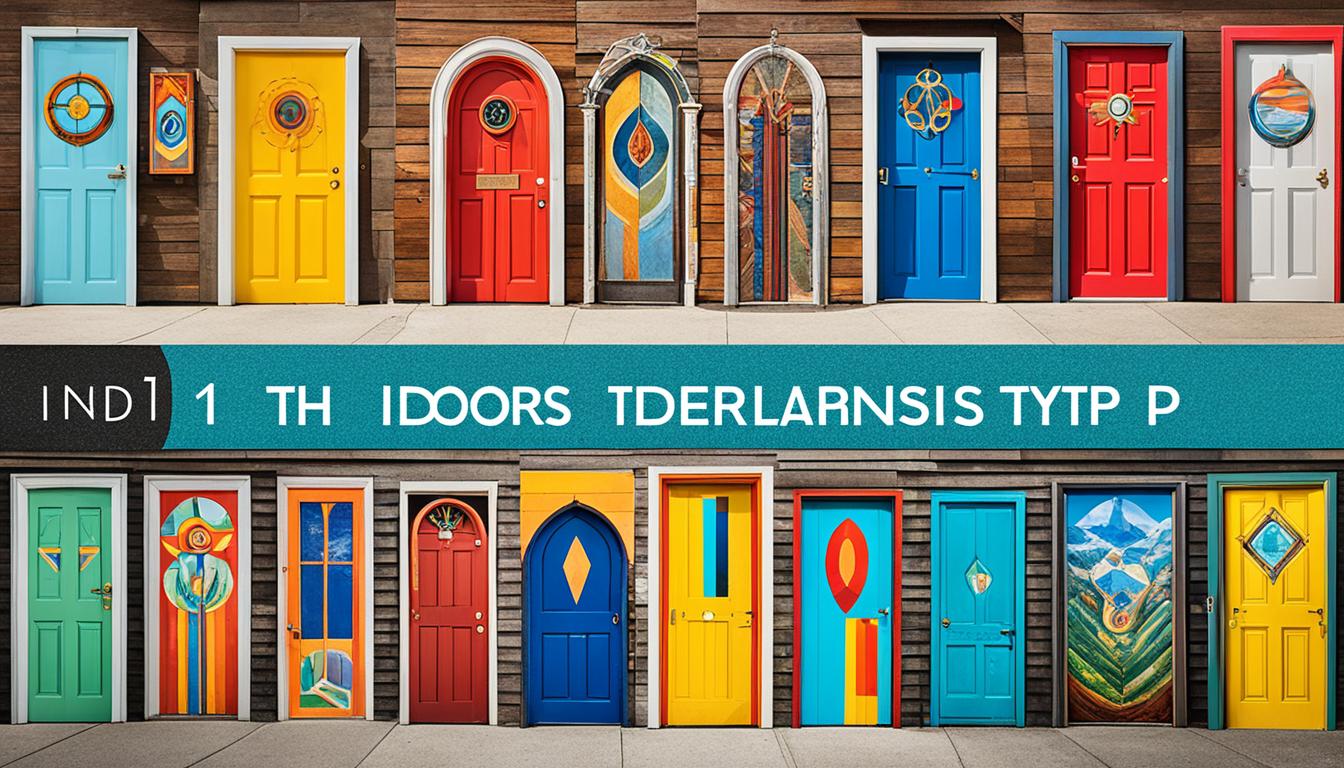In the 16PF assessment, balancing your privacy and openness is key to getting accurate results. Being too private may cause you to hold back, while openness can lead to more genuine responses. Your comfort level with sharing personal traits impacts how truthful and revealing your answers are, affecting the overall shot at an authentic personality profile. If you’re curious about how to find that right balance, keep exploring how trust, vulnerability, and honesty play a role.
Key Takeaways
- Trust influences willingness to disclose personal traits, balancing honesty and privacy during the 16PF assessment.
- Openness enhances authenticity, but feelings of vulnerability may cause guarded responses, affecting accuracy.
- Privacy tendencies lead to withholding sensitive information, potentially skewing personality results.
- Self-awareness of comfort levels and internal tensions helps individuals manage openness versus privacy effectively.
- Creating a supportive environment encourages genuine responses, improving the validity of 16PF outcomes.

Understanding how individuals balance privacy and openness is essential when using the 16PF (Sixteen Personality Factor Questionnaire). The key lies in recognizing the delicate dance between trust versus honesty and vulnerability versus transparency. When you fill out the 16PF, you’re fundamentally revealing parts of yourself, but the extent of your openness depends on your comfort level and your understanding of these competing factors. Trust versus honesty plays a significant role here; you might trust the process and the tester, yet hesitate to be completely honest if you’re unsure of how your information will be used. This hesitation can lead to guarded responses, which in turn impact the accuracy of the assessment. Conversely, some individuals see honesty as a moral obligation and choose to be fully transparent, even if it exposes vulnerabilities.
Vulnerability versus transparency adds another layer of complexity. You might want to be transparent about your traits but feel vulnerable sharing certain aspects of yourself. This vulnerability can be uncomfortable yet sometimes necessary for a true reflection of your personality. On the other hand, transparency involves openly sharing your characteristics without necessarily feeling exposed, which can be easier but might risk superficial responses. When you’re aware of these distinctions, you can better understand why some people choose to put up walls while others are more open.
In the context of the 16PF, your approach to privacy influences the kind of insights you reveal. If you lean toward privacy, you might withhold details that seem too personal or sensitive, potentially skewing results toward a more guarded personality profile. On the flip side, openness can lead to richer, more genuine responses but also increases the chance of revealing vulnerabilities you might prefer to keep private. Finding a balance between these poles is fundamental, especially if the assessment aims to inform important decisions about your career, relationships, or personal development.
Ultimately, your choices in openness versus privacy are shaped by your perceptions of trust and honesty, as well as your comfort with vulnerability and transparency. Understanding this interplay helps you navigate the 16PF more consciously. It encourages you to reflect on whether you’re being as honest and transparent as you’re comfortable with, or if you’re holding back out of concern for privacy. Recognizing these internal tensions allows you to approach the questionnaire with greater self-awareness, ensuring that the results genuinely reflect who you are, rather than who you are afraid to reveal.
Additionally, being aware of the role that comfort level plays in your responses can help you create a more accurate and authentic personality profile.
Frequently Asked Questions
How Does Privacy Impact 16PF Test Results Accuracy?
Privacy directly impacts 16PF test results accuracy because when you feel confident in confidentiality assurance, you’re more honest and open. If privacy is compromised or you’re worried about privacy breaches, you might withhold information or give socially desirable answers, skewing results. Ensuring a secure environment helps you relax, encouraging truthful responses and improving the test’s validity. Protecting your privacy is essential for accurate, reliable results.
Can Openness Improve the Validity of 16PF Assessments?
Openness benefits the validity of 16PF assessments like a clear window, letting in honest insights. When you’re more open, you’re less hindered by privacy barriers, which might cause you to withhold or distort answers. This honesty leads to more accurate results, giving a true picture of your personality. So, embracing openness can make your assessment more reliable, helping you and others understand your traits better.
What Ethical Considerations Surround Privacy in 16PF Testing?
You must prioritize confidentiality to navigate privacy concerns in 16PF testing. Be aware of confidentiality dilemmas, ensuring test results aren’t disclosed without proper authorization. Consent challenges also arise, so you should obtain clear, informed consent from participants, explaining how their data will be used and protected. Upholding these ethical standards helps build trust, respects privacy rights, and maintains the integrity of the assessment process.
Are There Cultural Differences in Privacy Preferences for 16PF?
Imagine privacy boundaries as a garden fence; some cultures have tall, sturdy fences, while others prefer open gates. You’ll find that cultural norms shape these boundaries, influencing how much personal info you share during 16PF testing. In some societies, privacy is deeply valued, and sharing personal traits feels intrusive. In others, openness is encouraged, making it easier for you to express yourself freely without feeling restricted.
How Do Privacy Concerns Influence Participant Honesty in 16PF?
Your privacy concerns can create confidentiality barriers that make you hesitant to answer honestly on the 16PF. When you trust that your responses are confidential, you’re more likely to be truthful. Honesty incentives, like assurances of anonymity and secure data handling, motivate you to provide genuine answers. Without these, your responses may be guarded, reducing the accuracy of the assessment and impacting the validity of the results.
Conclusion
Understanding the balance between privateness and openness in the 16PF is like walking a tightrope—you need to find the right point where honesty doesn’t tip into oversharing. Embrace your natural tendencies, but remember, too much openness can blur your boundaries, while too much privacy can hide your true self. Striking this balance helps you navigate relationships with confidence, turning your personality traits into your greatest strengths rather than hidden shadows.









